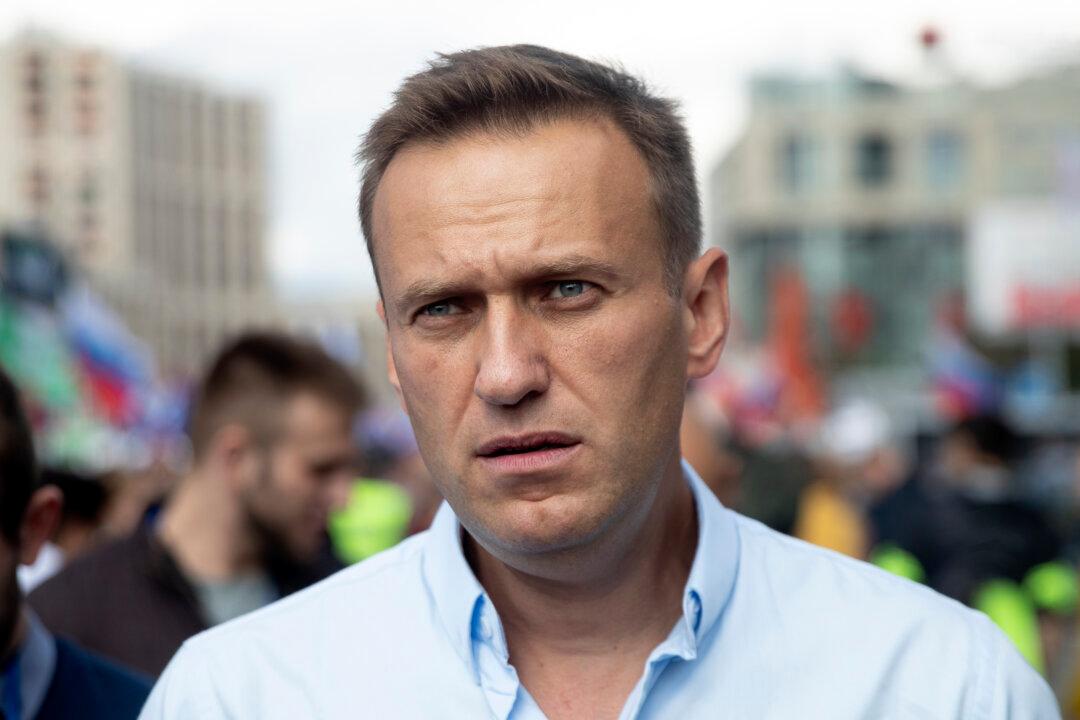The United States on Wednesday said it was “deeply troubled” by news that Russian opposition leader Alexei Navalny had been poisoned with the chemical agent Novichok.
“The United States is deeply troubled by the results released today. Alexei Navalny’s poisoning is completely reprehensible. Russia has used the chemical nerve agent Novichok in the past,” White House National Security Council John Ullyot said in a statement.





